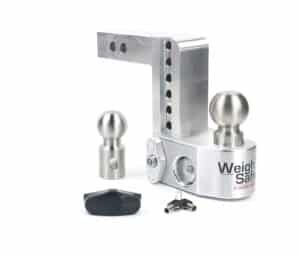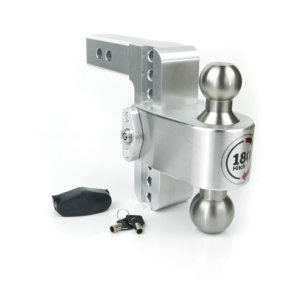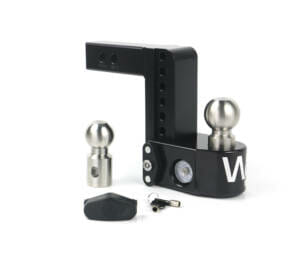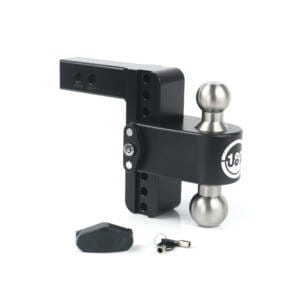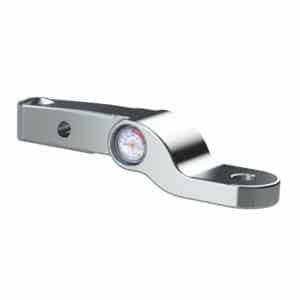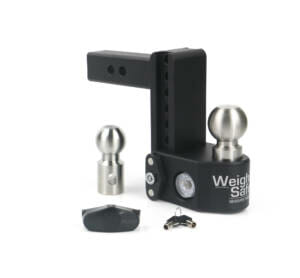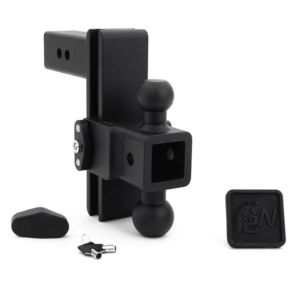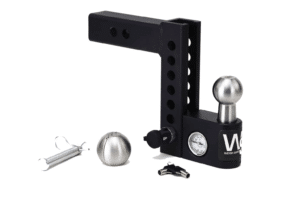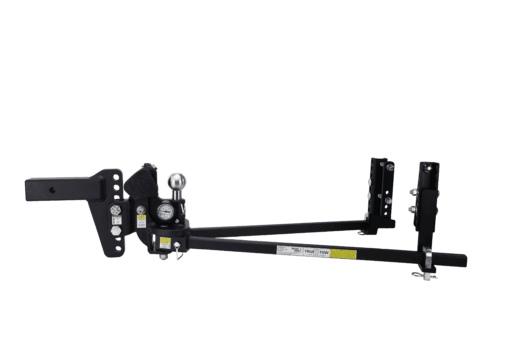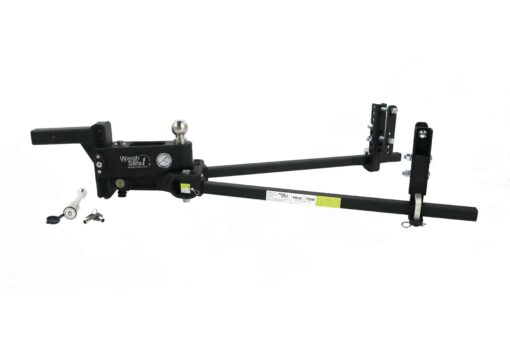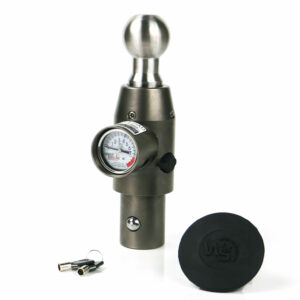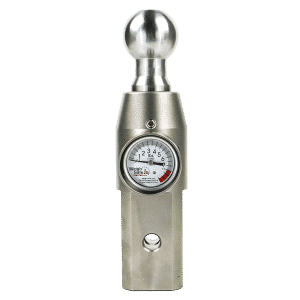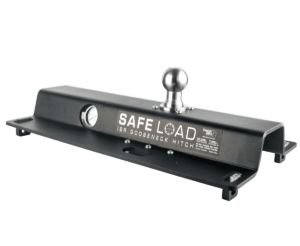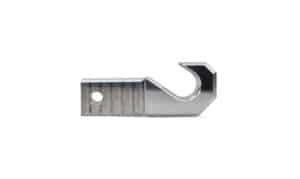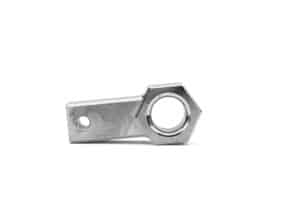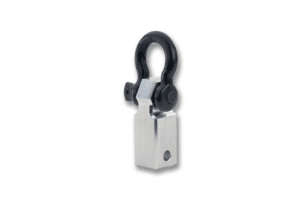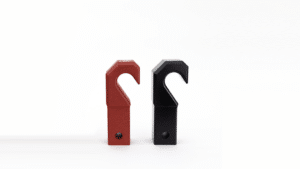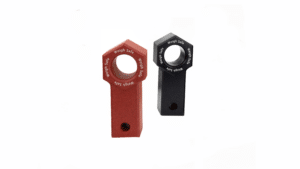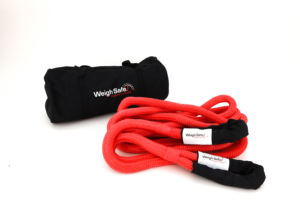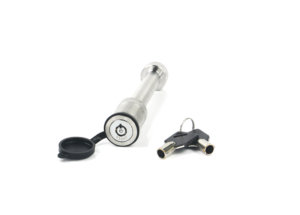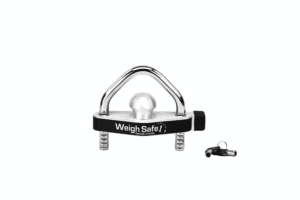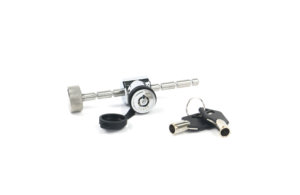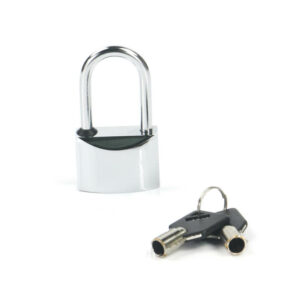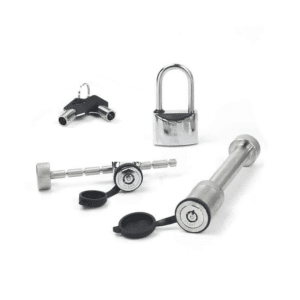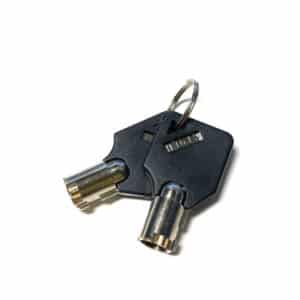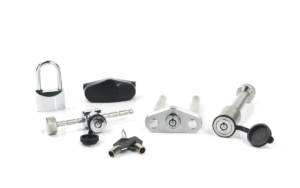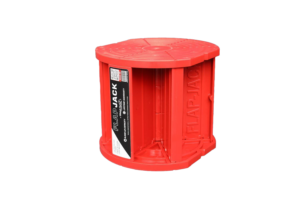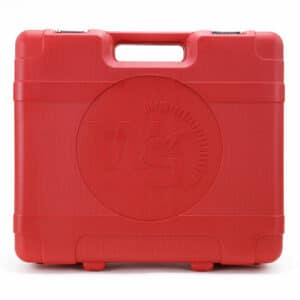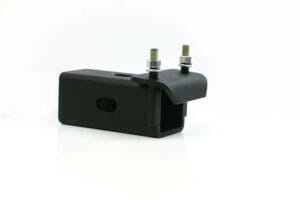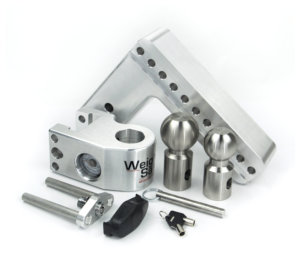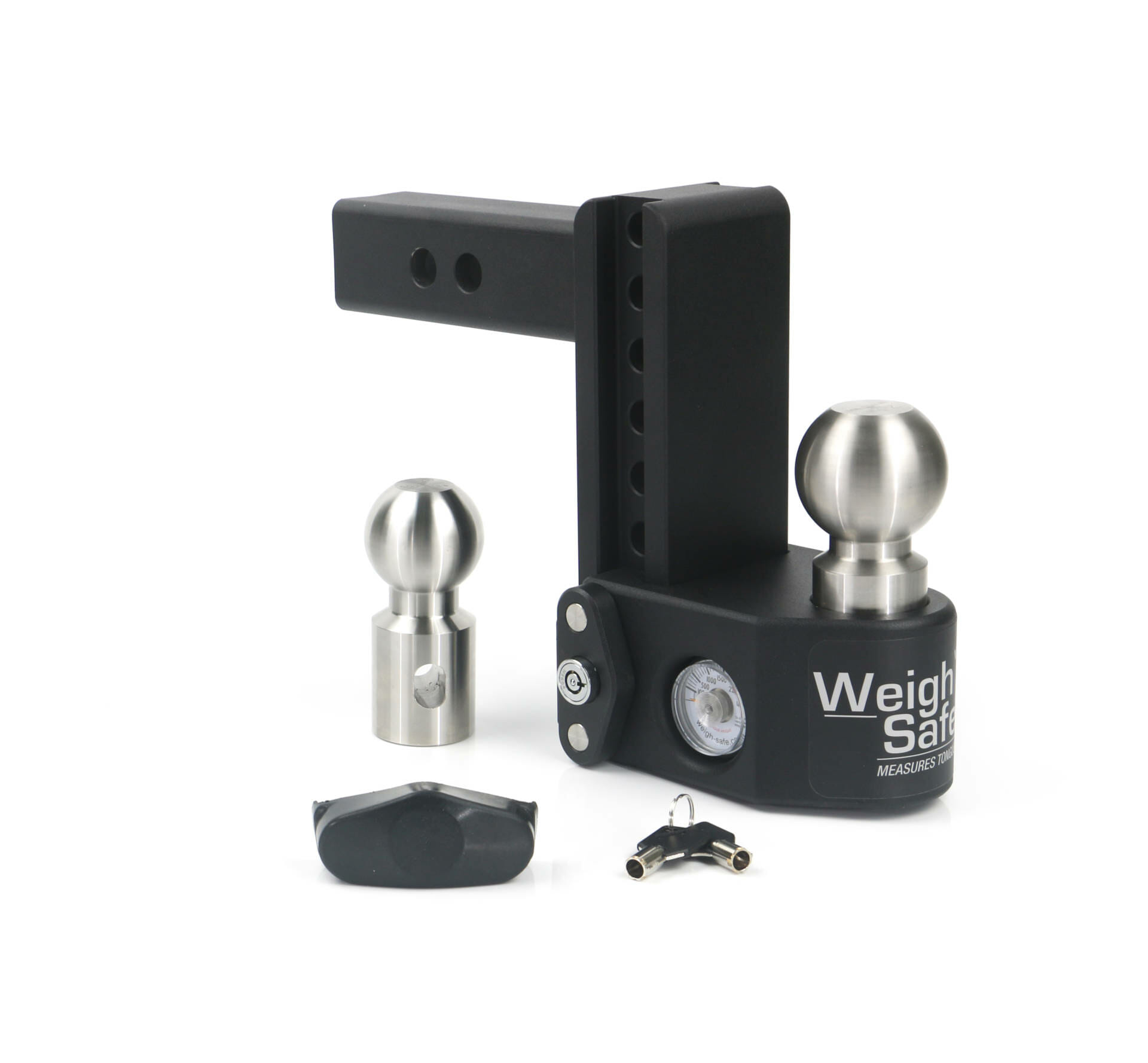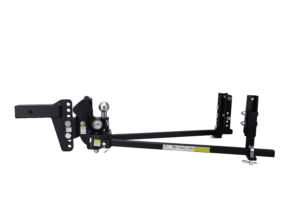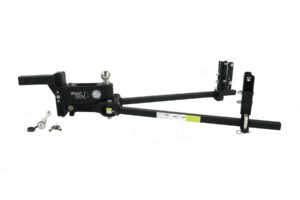Towing Safety
Common Causes of Trailer Accidents
Sometimes car accidents are inevitable, especially when it is out of your control and not even your fault to begin with. Even trailering accidents can be inevitable as well, but why not take the time to check and double check all the components on your pre-tow checklist so that you can have peace of mind knowing you did everything in your power to be safe on the road. Towing is dangerous even when you are experienced at towing an additional load behind your vehicle, but what about those first time towers? Accidents are bound to happen and here are some reasons why as well as some of the most common causes of trailer accidents.
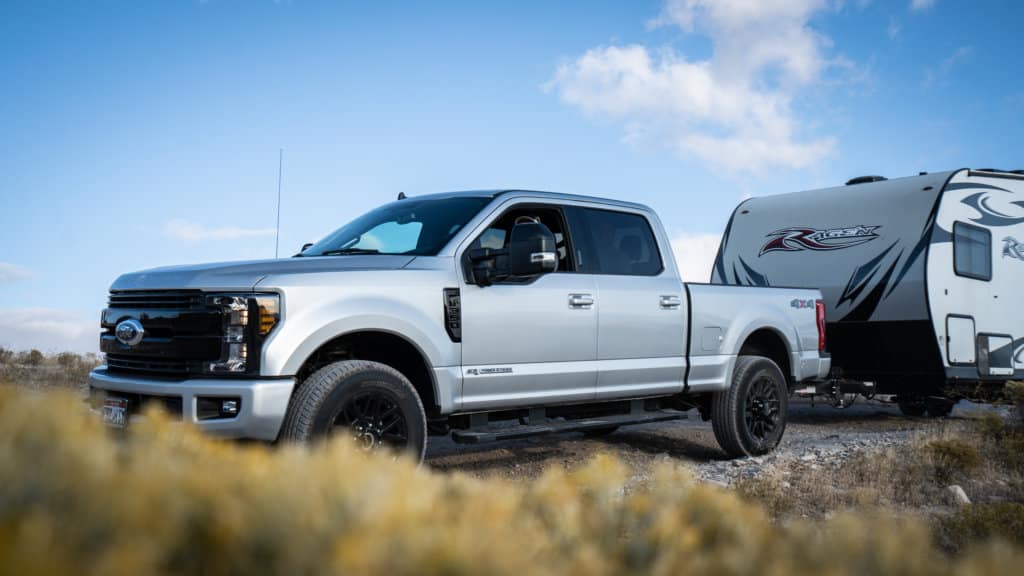 First things first, you do not need any special training or license to tow a trailer; as long as you have a driver’s license, you are all set to tow (in theory at least). Which when you think about it, that is kind of a scary thought considering some trailers are nearly as long as a semi-truck and semi-truck drivers need special licenses in order to drive those! So just think about that for a moment.
Although many of the following causes for trailer accidents are also causes for any normal accident, when these things happen with a trailer in tow, it makes the impact that much more intense. Here are some statistics that I found on the most common causes of trailer accidents from Fifth Wheel St’s website.
First things first, you do not need any special training or license to tow a trailer; as long as you have a driver’s license, you are all set to tow (in theory at least). Which when you think about it, that is kind of a scary thought considering some trailers are nearly as long as a semi-truck and semi-truck drivers need special licenses in order to drive those! So just think about that for a moment.
Although many of the following causes for trailer accidents are also causes for any normal accident, when these things happen with a trailer in tow, it makes the impact that much more intense. Here are some statistics that I found on the most common causes of trailer accidents from Fifth Wheel St’s website.
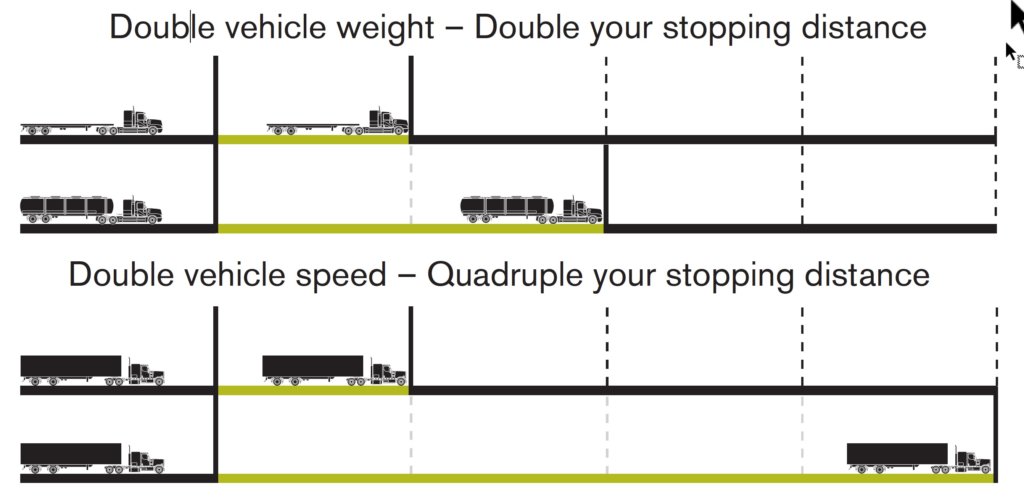 Another thing to consider when towing is that when your speed increases, so does the heat and friction between the road and your tire and therefore weakens and begins to disintegrate your tire. Most trailer tires (ST) have a maximum speed rating of 65 MPH. So, if you are going faster than that while towing (which most people do), the greater the chance of you blowing a tire, and the less load-carrying capacity you have.
When you travel faster than what the normal trailer tire is rated at, you not only risk blowing a tire but you’re also at risk for increased driving fatigue, increased potential for an accident (and increased risk of death due to that accident). You get a drop in gas mileage, decreased reaction time and increased wear on your vehicle. So the ultimate question is, is it worth it? Is it worth shaving off those extra couple minutes of your trip if it means you are at risk of all these things and ultimately at risk for causing an accident or being involved in an accident?
My answer to that question is NO! Take the extra time to double check everything on your pre-tow checklist to make sure you are towing a safe load and then take all the necessary precautions once you hit the road. Drive the speed limit, watch for road conditions, get a lot of rest prior to your trip and if you feel drowsy while driving, pull over and rest. Only tow as much as your truck and trailer can handle, watch your blind spots, turn wide and give yourself enough time to stop. All of these things will help you stay safe on the road and keep those traveling on the road with you safe as well. Why be kinda safe when you can be Weigh Safe!
Another thing to consider when towing is that when your speed increases, so does the heat and friction between the road and your tire and therefore weakens and begins to disintegrate your tire. Most trailer tires (ST) have a maximum speed rating of 65 MPH. So, if you are going faster than that while towing (which most people do), the greater the chance of you blowing a tire, and the less load-carrying capacity you have.
When you travel faster than what the normal trailer tire is rated at, you not only risk blowing a tire but you’re also at risk for increased driving fatigue, increased potential for an accident (and increased risk of death due to that accident). You get a drop in gas mileage, decreased reaction time and increased wear on your vehicle. So the ultimate question is, is it worth it? Is it worth shaving off those extra couple minutes of your trip if it means you are at risk of all these things and ultimately at risk for causing an accident or being involved in an accident?
My answer to that question is NO! Take the extra time to double check everything on your pre-tow checklist to make sure you are towing a safe load and then take all the necessary precautions once you hit the road. Drive the speed limit, watch for road conditions, get a lot of rest prior to your trip and if you feel drowsy while driving, pull over and rest. Only tow as much as your truck and trailer can handle, watch your blind spots, turn wide and give yourself enough time to stop. All of these things will help you stay safe on the road and keep those traveling on the road with you safe as well. Why be kinda safe when you can be Weigh Safe!
 First things first, you do not need any special training or license to tow a trailer; as long as you have a driver’s license, you are all set to tow (in theory at least). Which when you think about it, that is kind of a scary thought considering some trailers are nearly as long as a semi-truck and semi-truck drivers need special licenses in order to drive those! So just think about that for a moment.
Although many of the following causes for trailer accidents are also causes for any normal accident, when these things happen with a trailer in tow, it makes the impact that much more intense. Here are some statistics that I found on the most common causes of trailer accidents from Fifth Wheel St’s website.
First things first, you do not need any special training or license to tow a trailer; as long as you have a driver’s license, you are all set to tow (in theory at least). Which when you think about it, that is kind of a scary thought considering some trailers are nearly as long as a semi-truck and semi-truck drivers need special licenses in order to drive those! So just think about that for a moment.
Although many of the following causes for trailer accidents are also causes for any normal accident, when these things happen with a trailer in tow, it makes the impact that much more intense. Here are some statistics that I found on the most common causes of trailer accidents from Fifth Wheel St’s website.
Most Common Causes of Trailer Accidents
- Lack of experience
- Senior drivers
- Speeding
- High winds
- Drowsy drivers
- Overloading and exceeding weight ratings
- Runaway trailers from improper attachment
- Rollover caused by high center of gravity
- Poorly miscalculated turns
- Miscalculated stopping distances
- Poorly loaded trailers
- Blind spots
 Another thing to consider when towing is that when your speed increases, so does the heat and friction between the road and your tire and therefore weakens and begins to disintegrate your tire. Most trailer tires (ST) have a maximum speed rating of 65 MPH. So, if you are going faster than that while towing (which most people do), the greater the chance of you blowing a tire, and the less load-carrying capacity you have.
When you travel faster than what the normal trailer tire is rated at, you not only risk blowing a tire but you’re also at risk for increased driving fatigue, increased potential for an accident (and increased risk of death due to that accident). You get a drop in gas mileage, decreased reaction time and increased wear on your vehicle. So the ultimate question is, is it worth it? Is it worth shaving off those extra couple minutes of your trip if it means you are at risk of all these things and ultimately at risk for causing an accident or being involved in an accident?
My answer to that question is NO! Take the extra time to double check everything on your pre-tow checklist to make sure you are towing a safe load and then take all the necessary precautions once you hit the road. Drive the speed limit, watch for road conditions, get a lot of rest prior to your trip and if you feel drowsy while driving, pull over and rest. Only tow as much as your truck and trailer can handle, watch your blind spots, turn wide and give yourself enough time to stop. All of these things will help you stay safe on the road and keep those traveling on the road with you safe as well. Why be kinda safe when you can be Weigh Safe!
Another thing to consider when towing is that when your speed increases, so does the heat and friction between the road and your tire and therefore weakens and begins to disintegrate your tire. Most trailer tires (ST) have a maximum speed rating of 65 MPH. So, if you are going faster than that while towing (which most people do), the greater the chance of you blowing a tire, and the less load-carrying capacity you have.
When you travel faster than what the normal trailer tire is rated at, you not only risk blowing a tire but you’re also at risk for increased driving fatigue, increased potential for an accident (and increased risk of death due to that accident). You get a drop in gas mileage, decreased reaction time and increased wear on your vehicle. So the ultimate question is, is it worth it? Is it worth shaving off those extra couple minutes of your trip if it means you are at risk of all these things and ultimately at risk for causing an accident or being involved in an accident?
My answer to that question is NO! Take the extra time to double check everything on your pre-tow checklist to make sure you are towing a safe load and then take all the necessary precautions once you hit the road. Drive the speed limit, watch for road conditions, get a lot of rest prior to your trip and if you feel drowsy while driving, pull over and rest. Only tow as much as your truck and trailer can handle, watch your blind spots, turn wide and give yourself enough time to stop. All of these things will help you stay safe on the road and keep those traveling on the road with you safe as well. Why be kinda safe when you can be Weigh Safe!
